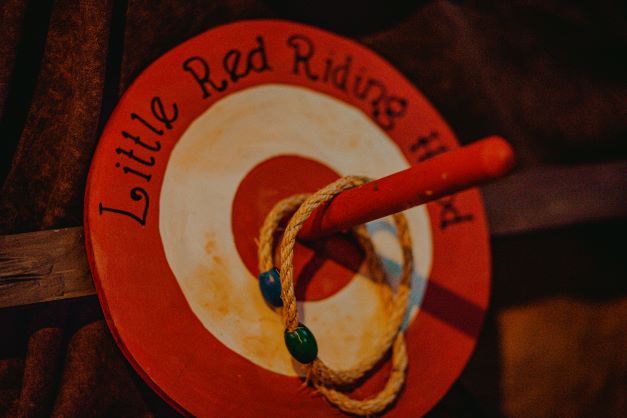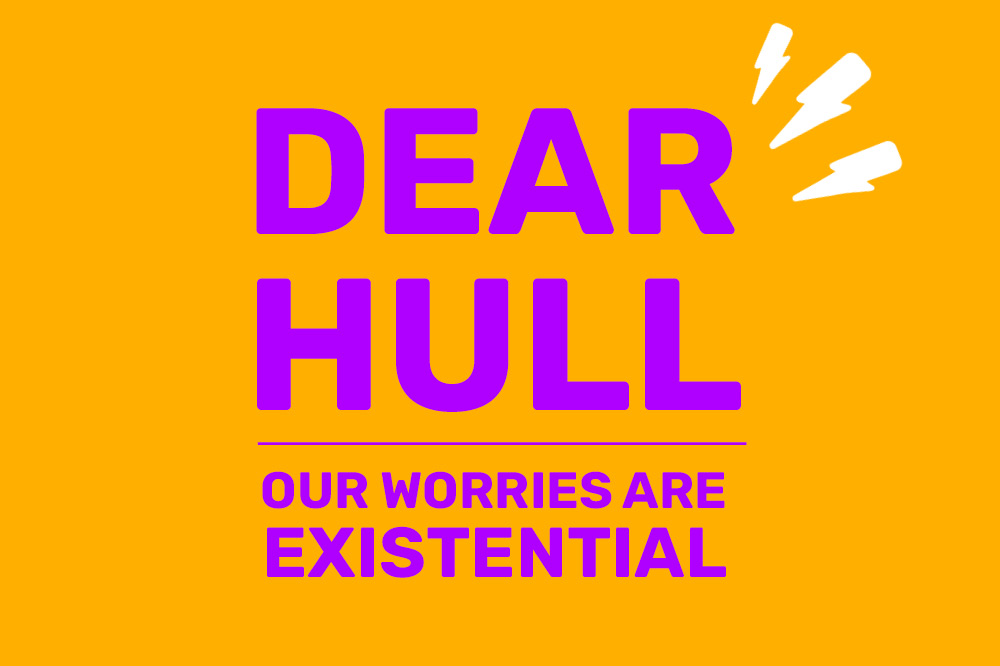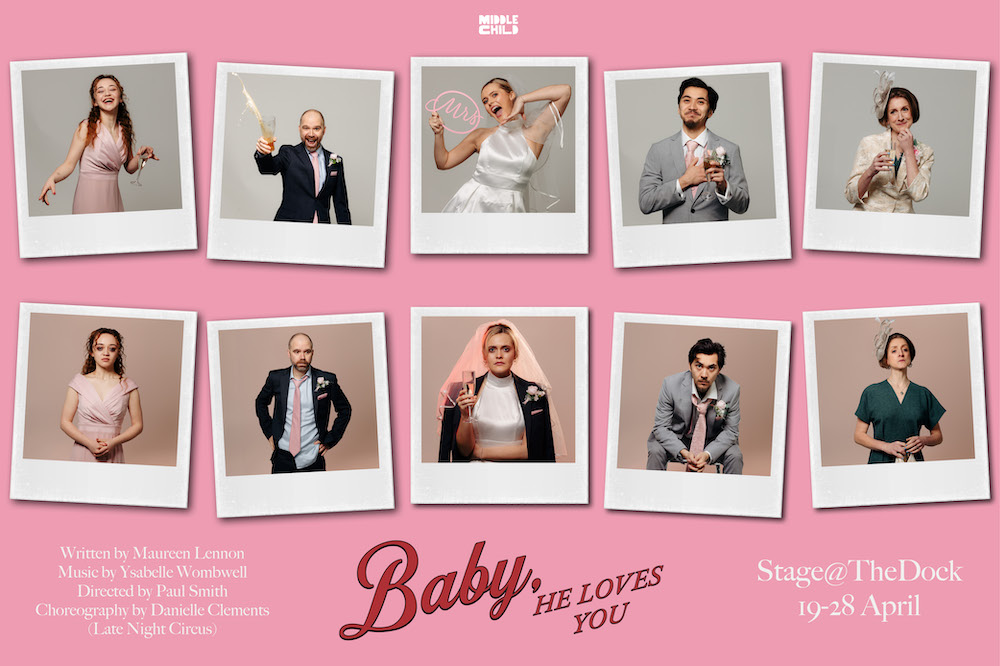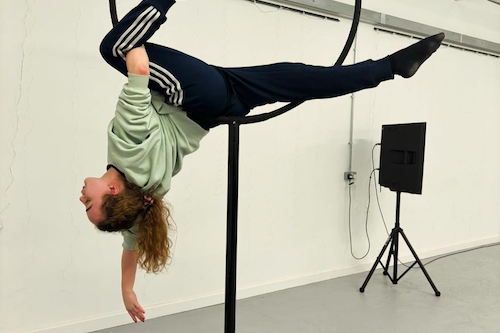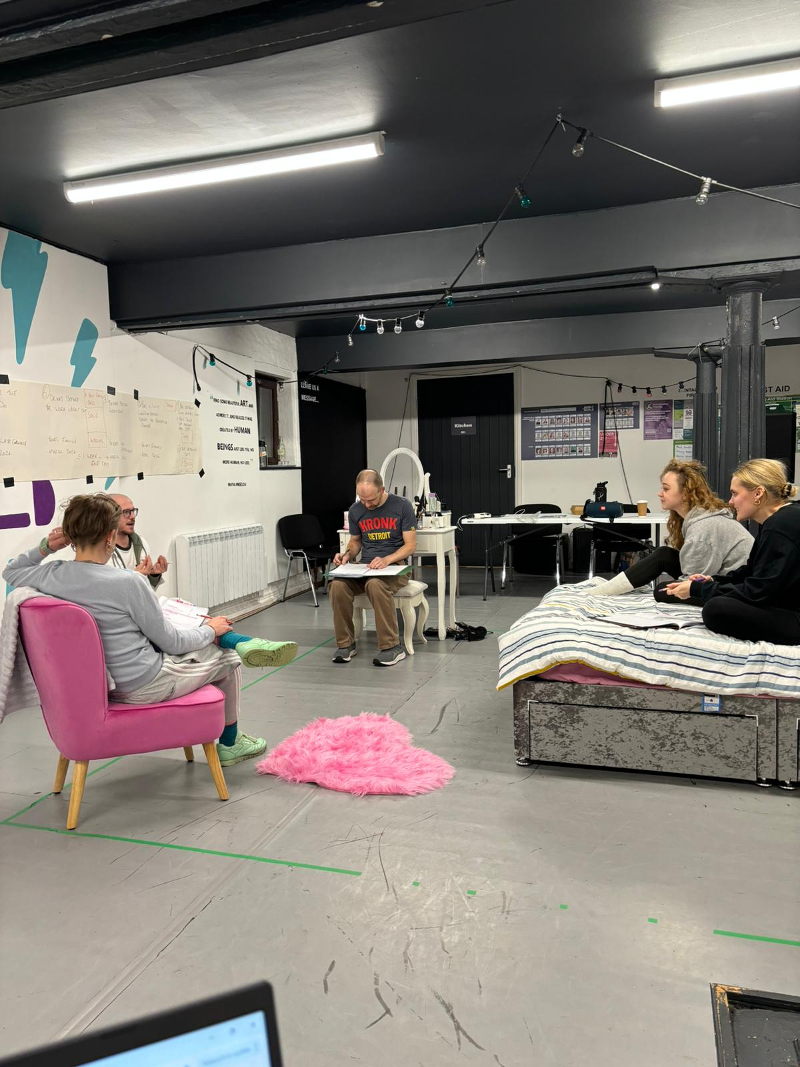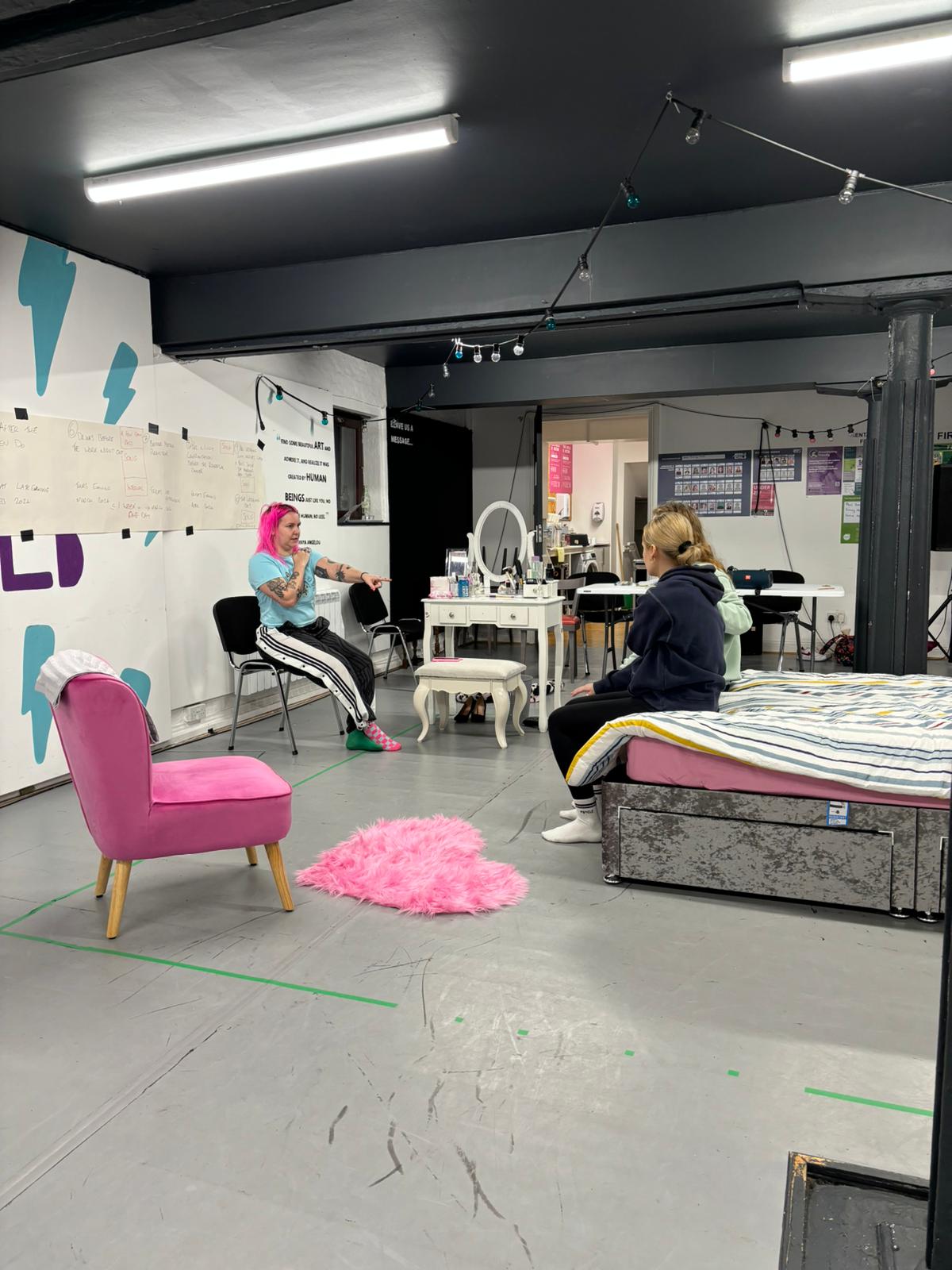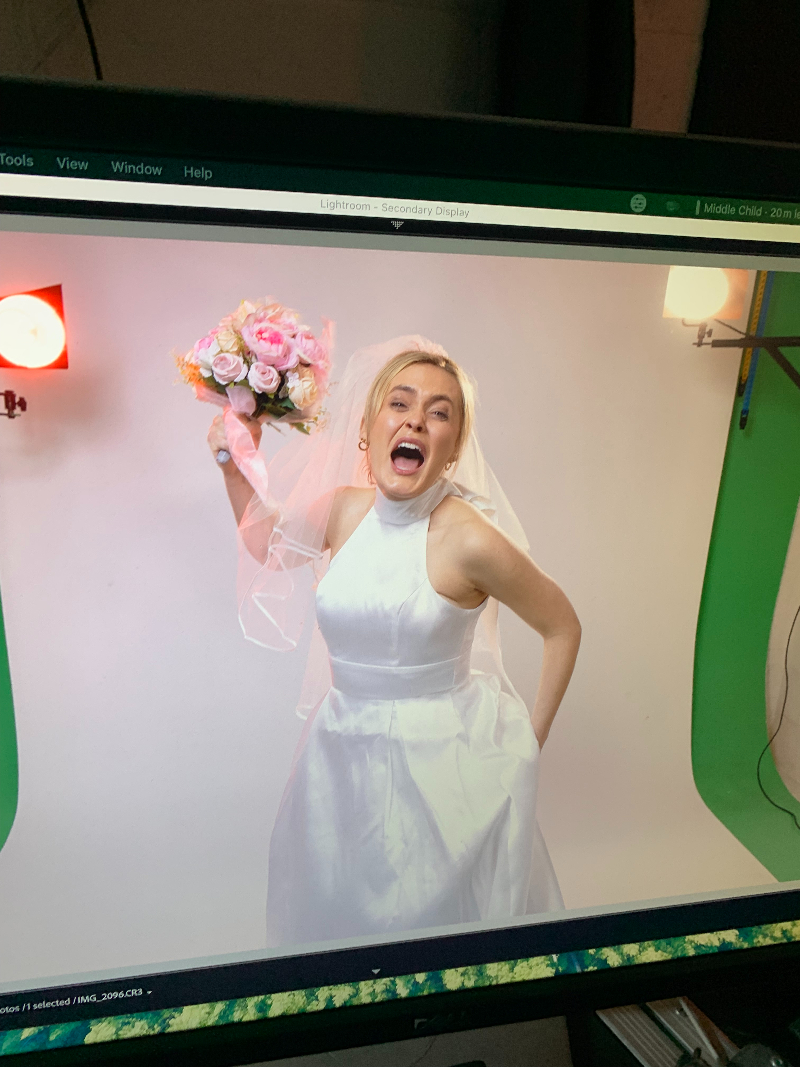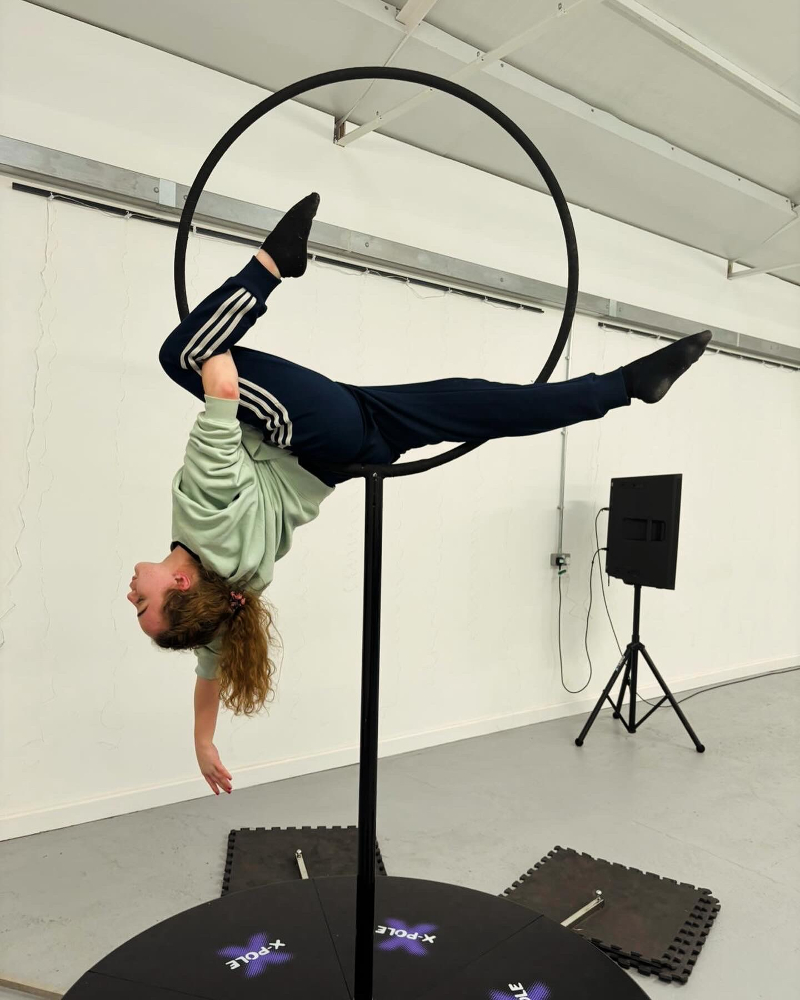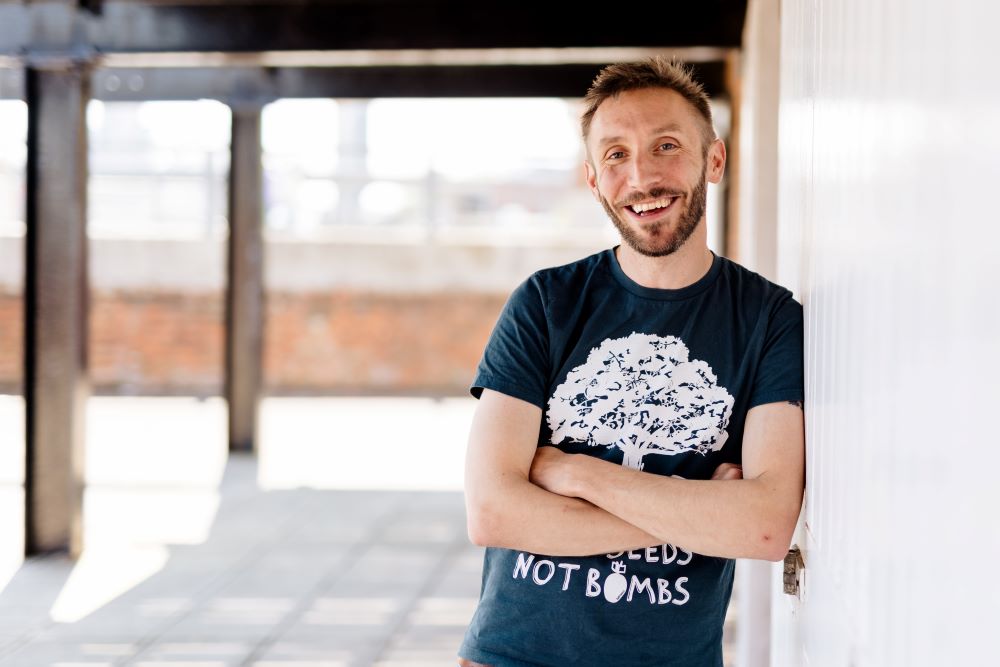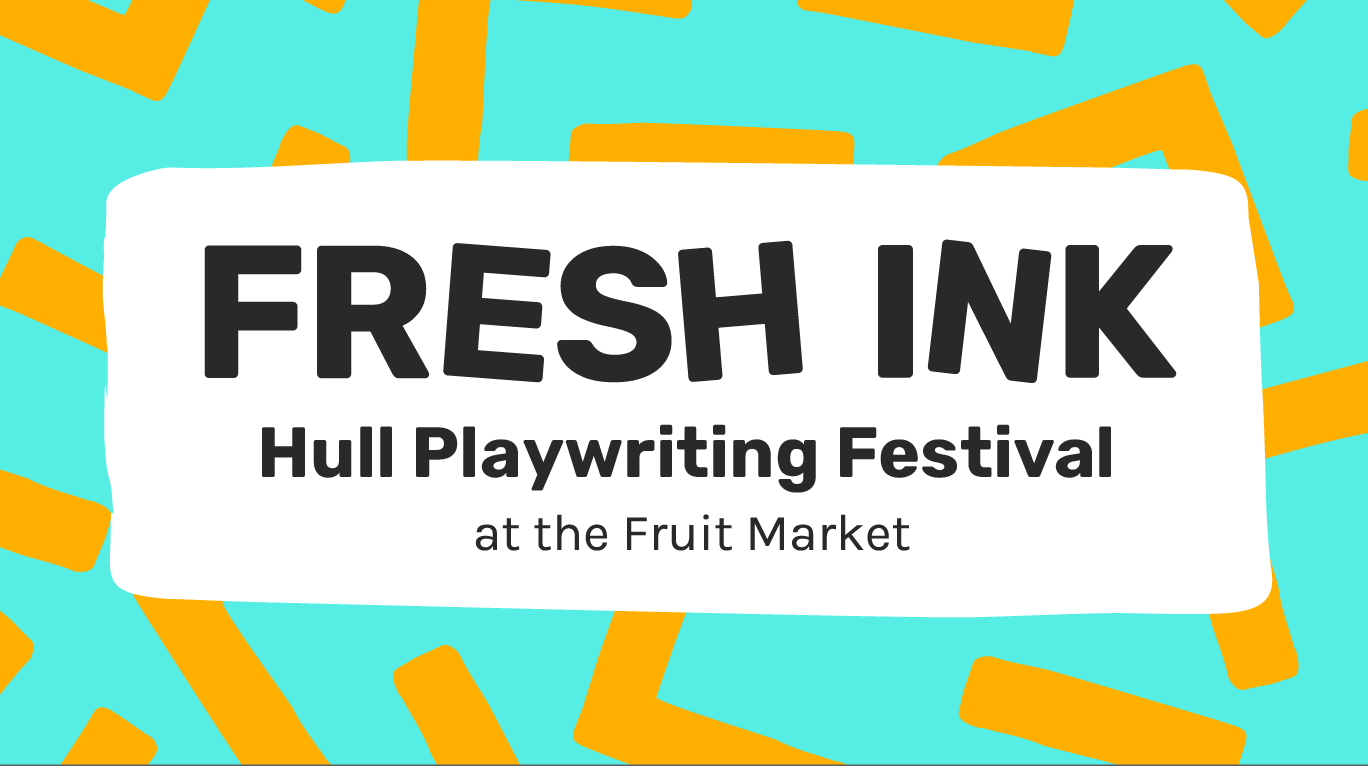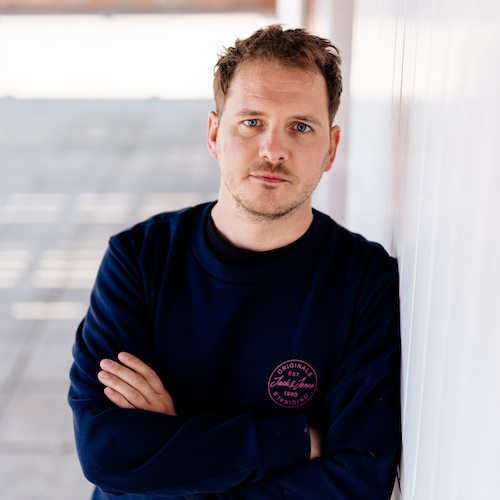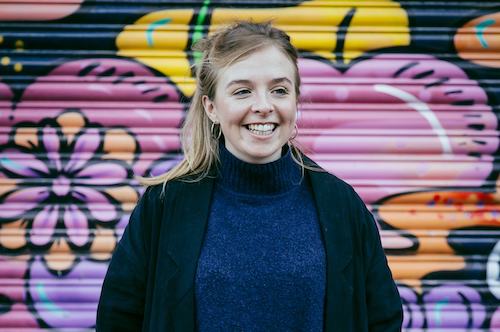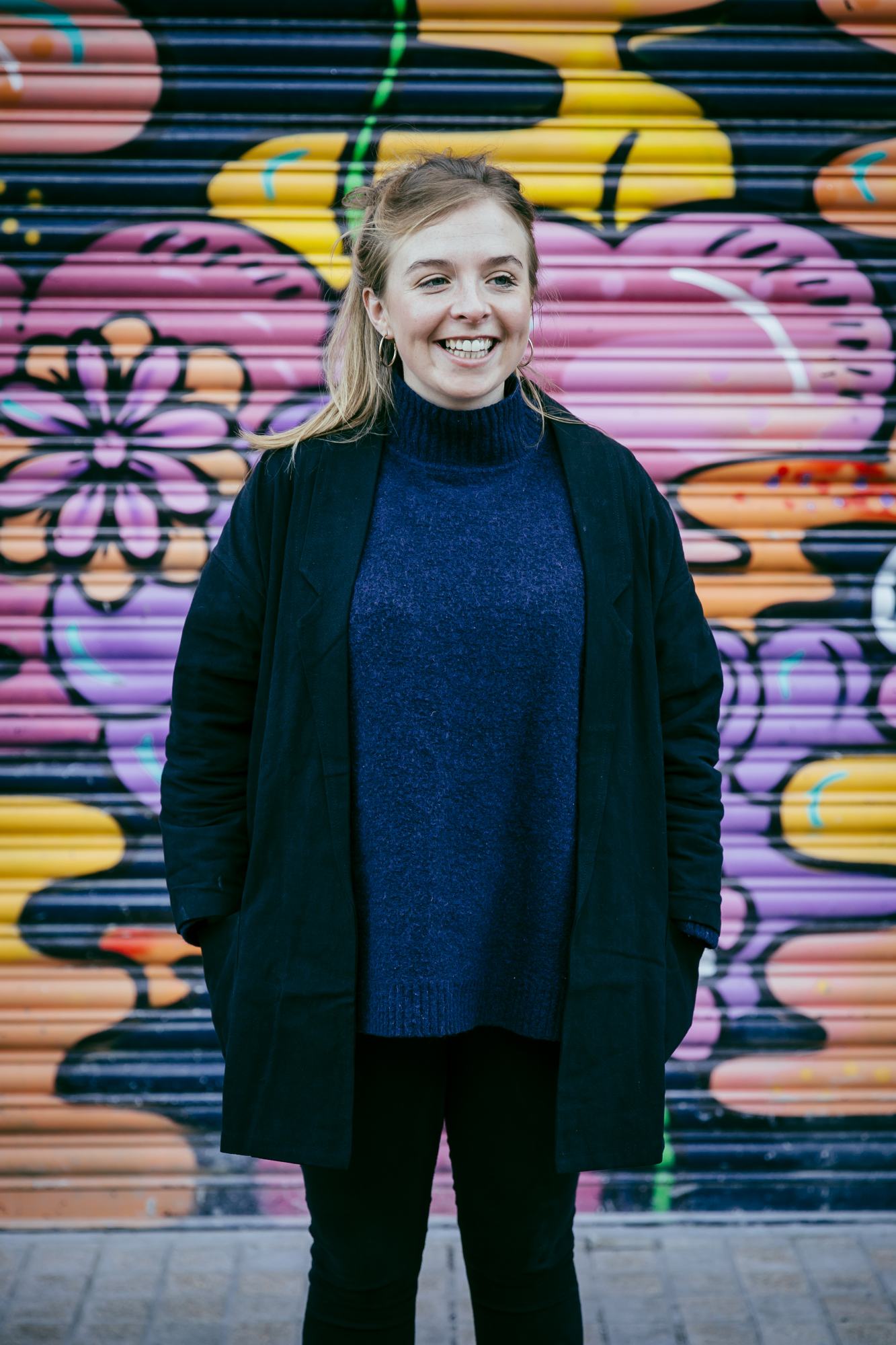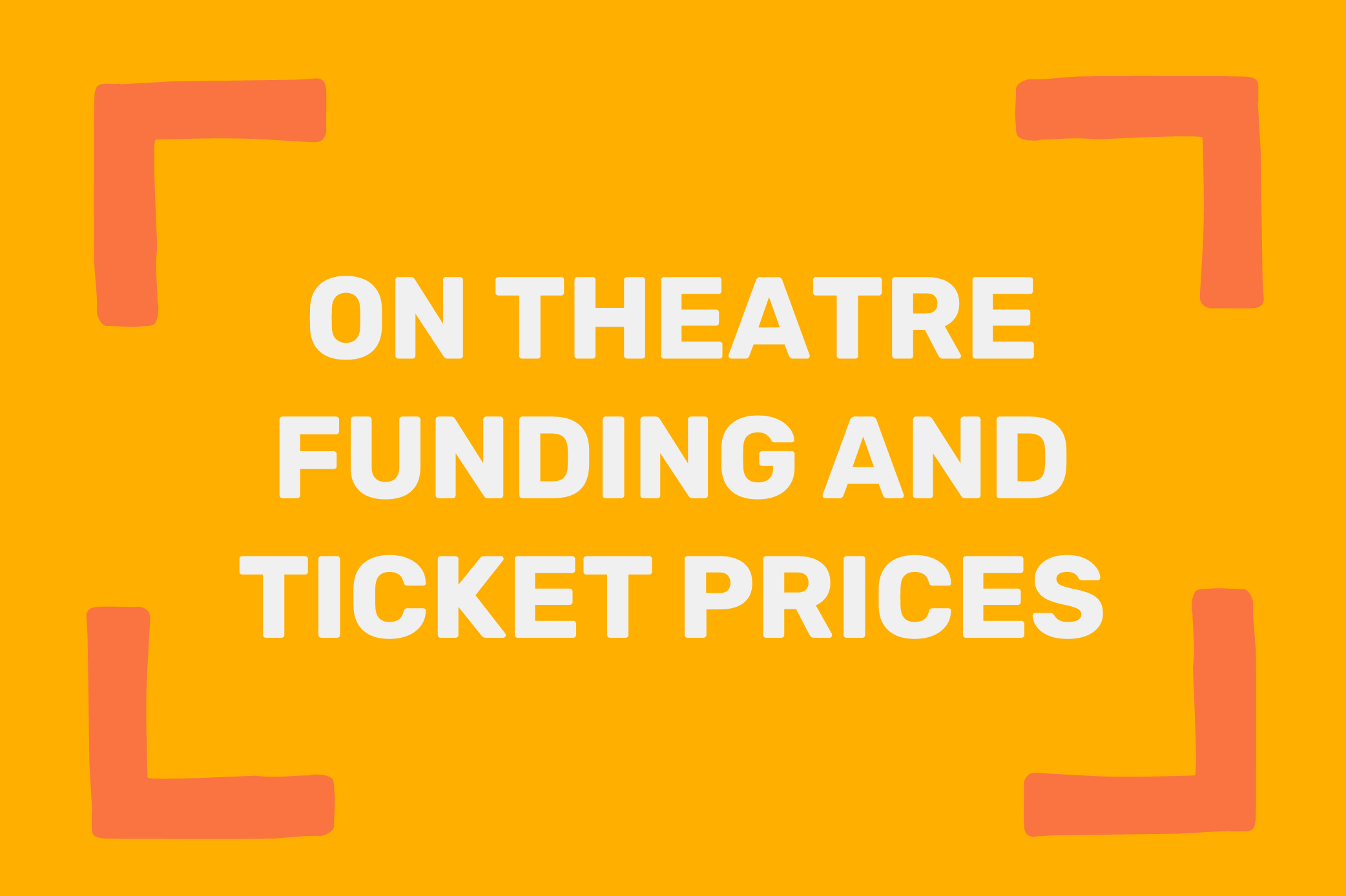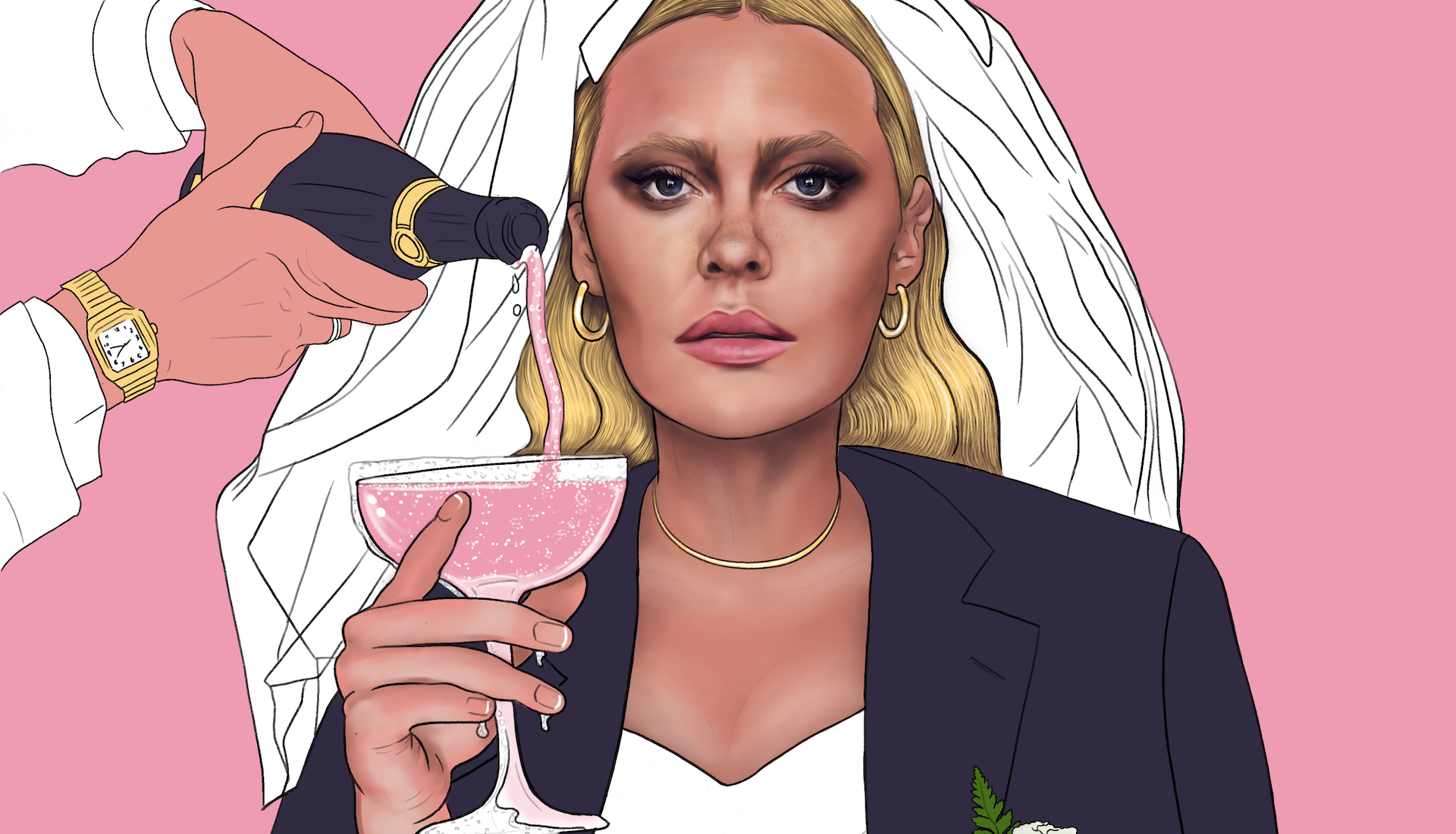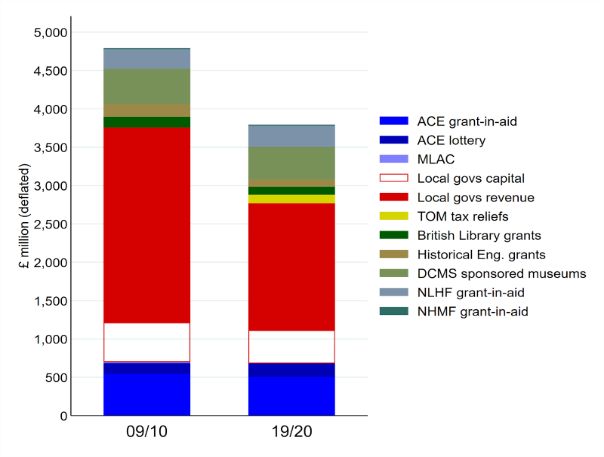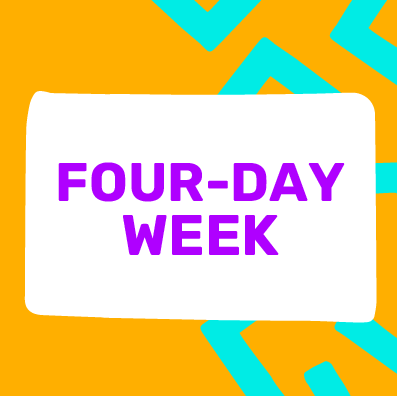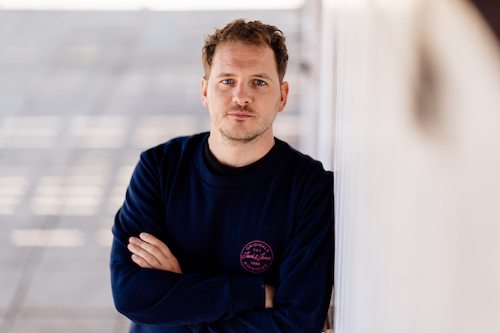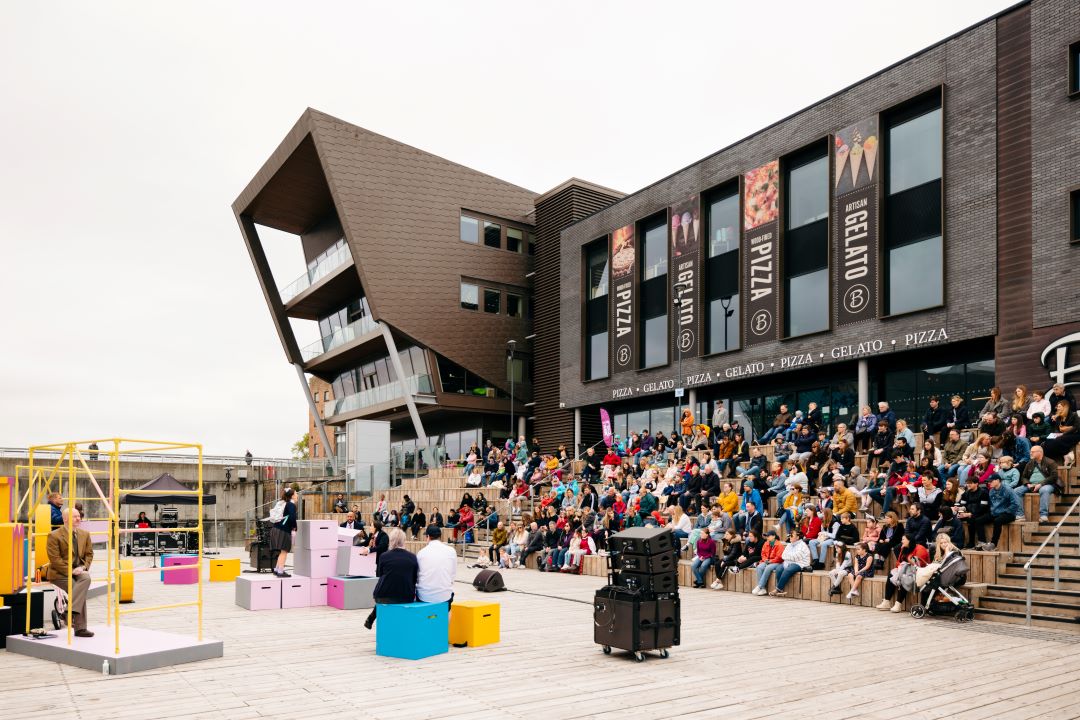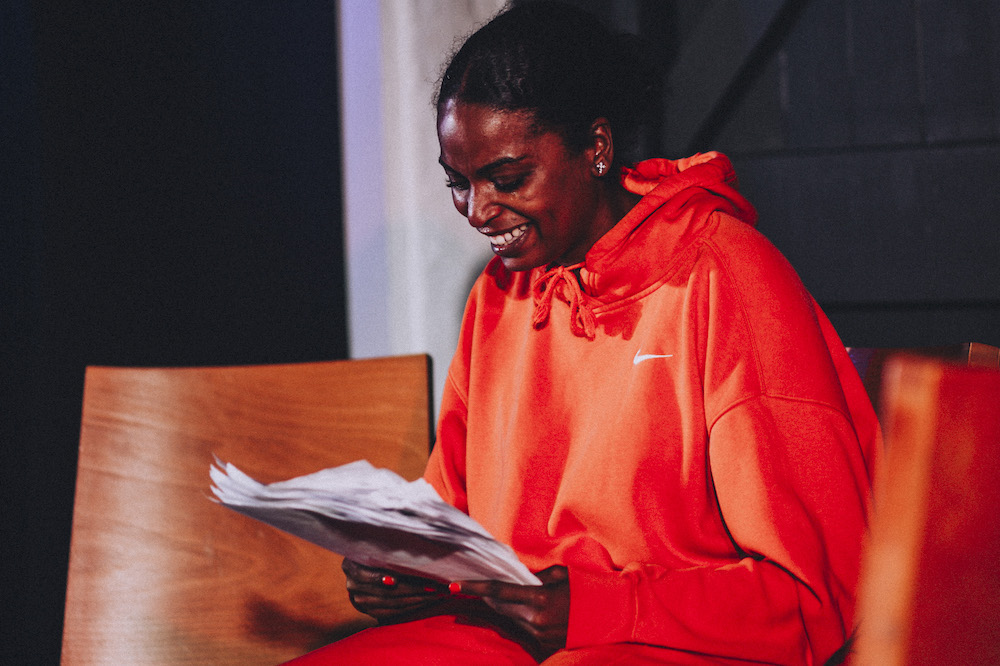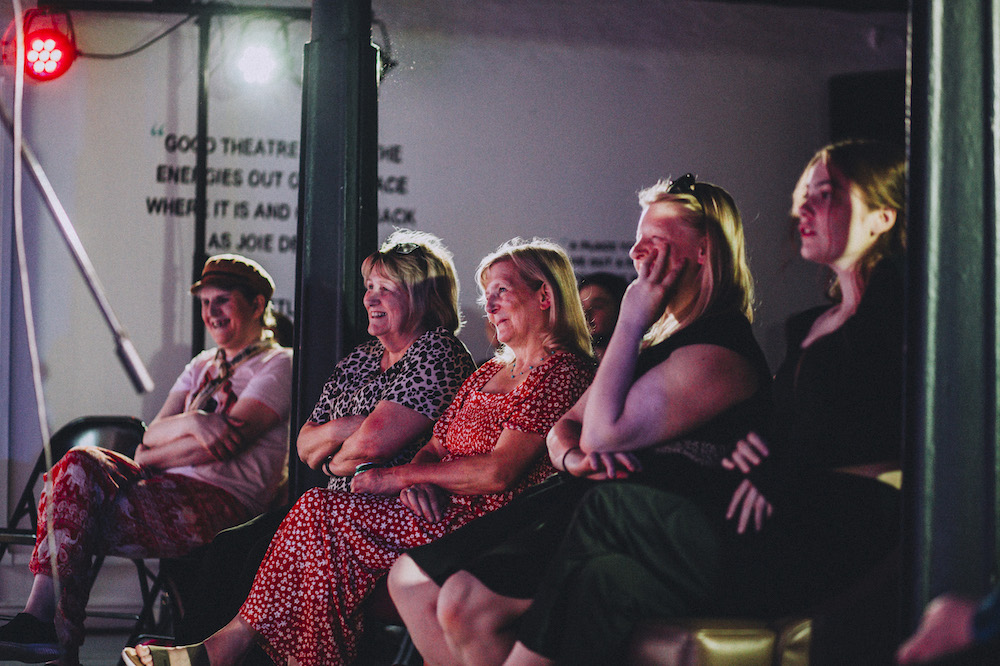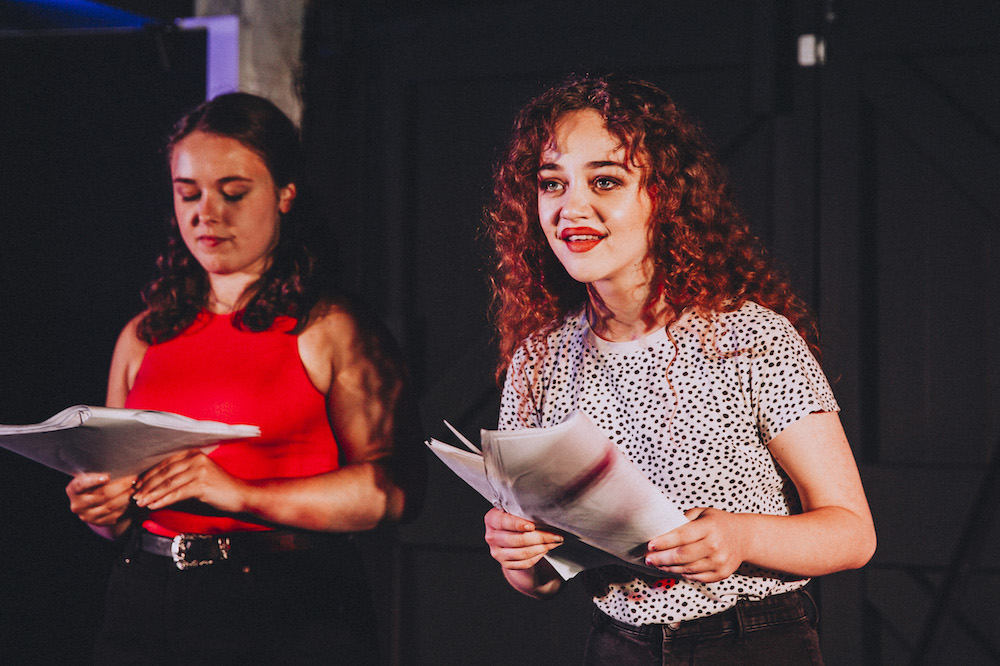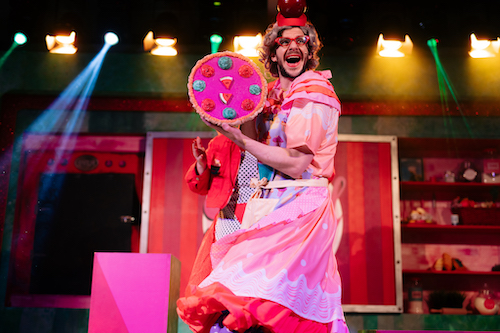
Ahead of Treasure Island opening at Social this Christmas, senior producer Sarah Penney writes about the cost of keeping Hull’s favourite panto running
Picture this: a cold, December evening. Humber Street shimmers with festive lights as you wander toward the warm, buzzing Social.
Volunteers in Christmas hats wave you in with a welcoming smile. The kids clutch their Fruit Shoots, you grab a beer or a brew and the lights dim.
One ridiculous pop melody and a grumbling stage manager later, there she is: Pattie Breadcake, eyeing up the poor soul in the front row with that mischievous sparkle. This is Christmas in Hull, Middle Child style.
Since 2011, our alternative rock ‘n’ roll panto has brought laughter, live music and sheer anarchy to Hull’s Christmas calendar. Each year, around 2,500 of you make your way to our little show on Humber Street and we couldn’t be more grateful for the community that makes it happen.
But let’s get to the real question. How much does it cost to bring all this Christmas chaos to life? The answer: £62,582.67.
Yep, sixty-two thousand pounds of cold, hard, cash. Or bank payments, let’s be real.
I know what you’re thinking: “But Sarah, we’ve seen the show. Don’t you all just get up there and faff about? Why do you pay the guy who plays Pattie Breadcake? Does he even learn his lines?” Well, no and… no.
You see, when you make a show like we do, there’s lots of things you guys don’t see behind the scenes. Let’s break it down a bit, shall we? This is a producer’s idea of fun, guys. I’m so happy I get to write this blog.
Paying People: £36,808.49
Our talented creatives, production teams, cast, crew, designers, stage managers and interpreters are all paid a fair wage. That’s more than 20 dedicated people working tirelessly to make the show a success.
Production Budget: £11,900
This covers set materials, costumes, props, lighting, sound equipment and the PRS license to perform those sing-along hits you love.
Venue Costs: £5,176.50
This covers our venue rental and front-of-house management to take care of you when you arrive.
Other Costs: £3,622.68
From childcare support and team wellbeing, through to flu jabs and our fantastic understudies, this fund covers essentials to keep the team at their best.
Marketing and Box Office: £5,075
Getting the word out includes posters, social media, photograph and video, as well as paying the good folk at Hull Truck Theatre to manage our box office to keep the seats filled all Christmas long.
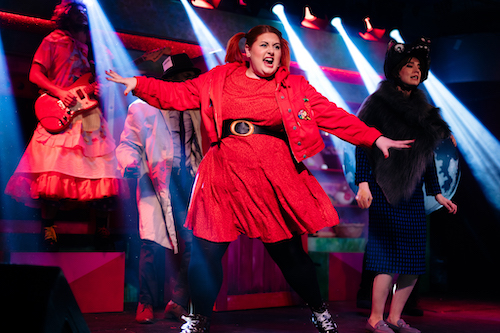
After paying all of this out, where does that leave us?
In 2023, despite selling 96% of our tickets, Red Riding Hood brought in £38,286.91, resulting in a loss of £24,295.76.
Unlike our big new writing shows, like Baby, He Loves You, our annual panto isn’t subsidised by other funding – apart from the wages of our core team. This means ticket income must cover all of our costs.
And unlike many large theatre venues, panto doesn’t subsidise our programme the rest of the year.
As a mid-scale theatre company then, a loss like £24,295.76 significantly impacts our budget and put real pressure on our ability to keep producing shows by upping our fundraising target every year.
We don’t want to increase our ticket prices unless absolutely necessary, as it makes our show less accessible to Hull audiences. As we almost sell out every year, we can’t really sell more tickets either to make up the difference.
So, why do we keep going?
Simple! It’s YOU LOVELY LOT: our fabulous, festive audience. Panto fills our hearts with pure joy and every year, your infectious cheer makes it more magical. The lure of Santa hats, cheering on the heroes and booing the baddies signals the end of a year of hard work trying to make our little corner of the world a little brighter.
But it’s not just about us; it’s about what panto does. It’s the perfect hello to theatre for so many people in Hull, who might not typically venture into a show. Think of it as the first delicious bite of a theatre buffet, just enough to get your belly rumbling and then before you know it, you’re running headfirst into the chocolate fountain.
Panto is at the very heart of Middle Child’s mission, building a fairer, more equitable world. We know that once someone experiences the magic of panto, they’re far more likely to explore and support other theatre too. So really, it’s not just a show, it’s a gateway to something bigger.
We stretch every pound to make it count, but ongoing community support is essential if we’re to keep the magic going year after year.
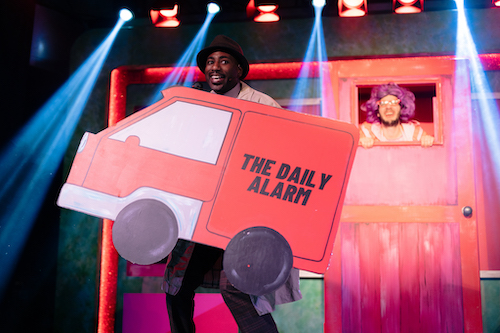
How you can help keep panto alive
If Middle Child panto is part of your Christmas tradition and you’re in a position to help, we’d love your support. You can help us in a few ways:
Make a solidarity contribution
When booking your ticket to Treasure Island, you can also make a contribution to our solidarity ticket fund, which provides tickets to people who otherwise wouldn’t get to enjoy a Christmas show. That helps both us and our community loads, so if you’re someone who regularly gives the gift of Pattie, thank you!
Join our Pay What You Can supporters’ scheme
By joining, you’re part of a group that keeps Hull’s independent theatre scene thriving all year long.
Make a one-off donation
Every little bit helps keep the lights on and the laughter flowing. We have a ‘donation station’ at panto this year and you can also make a quick donation through our website too.
Consider sponsoring panto
If we had five companies sponsoring our panto at £5,000 each per year, this would have a HUGE impact on our budgets and our ability to keep up the Christmas cheer, making our budgets balance. So, hey, you never know who’s reading this. If you’re someone who’d like to make a massive difference to our company, email me on sarah@middlechildtheatre.co.uk.
Every gesture, big or small, makes a real difference in keeping this community tradition alive. Thank you for being a part of it, and we can’t wait to see you in December. Let’s get ready to panto!
Treasure Island runs at Social on Humber Street from 19-29 December
